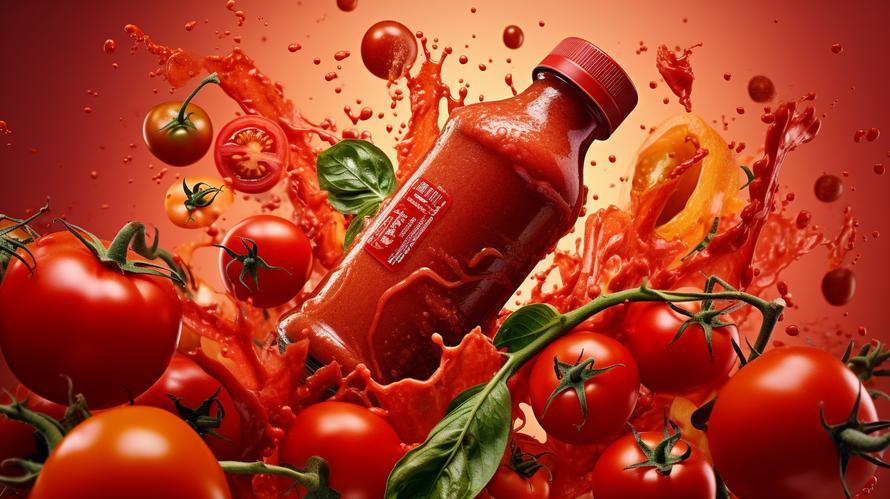Imagine you’re back in the grocery store, standing in that all-too-familiar spot, deliberating over the extra dollar for that bottle of organic tomato juice. As you weigh the decision in your mind, consider this—your choice might be about more than just saving that single dollar; it’s about investing in rich, natural goodness.
Why go organic? Let’s take a closer look at the facts, courtesy of meticulous research from the University of Barcelona’s Department of Nutrition and Bromatology…
Organic fruits and vegetables are grown following practices that do not involve synthetic pesticides or chemicals. Instead, these plants band together with nature, tapping into their innate defense mechanisms to fend off pests and disease.
Researchers discovered that this struggle to survive actually ups the ante on the plants’ levels of protective polyphenols. These are natural antioxidants that could be your allies in the fight against diseases, including the big C—cancer.
At the heart of the matter is nitrogen. For conventional crops, it’s like a performance booster, supplied readily through fertilizers. They grow bigger, perhaps faster, but at what cost? They may lose some of their disease resistance, and their nutrient levels might not hit the high notes that organic produce can reach.
Specifically, a study revealed organic tomato juice as having a richer concentration of antioxidants. Let’s pause there—tomato juice, a staple for many, brim-full of lycopene (that’s a powerful antioxidant), now potentially packing an even more potent health punch when it’s organic.
In organic farming, plants make do without the added nitrogen boost. They fight their own battles, and, as they say, what doesn’t kill you makes you stronger. Here, it may make your food richer in health-protecting compounds too.
“Conventionally grown plants can lose resistance to disease and present lower levels of nutrients, minerals, and secondary metabolites,” noted researcher Anna Vallverdu-Queralt.
Turning to organic might seem like a small decision in the grocery aisle, but it represents a larger commitment to food quality and, ultimately, your health. Every dollar spent is a vote for the kind of food system you support—one that nurtures produce replete with nutritional benefits, or conventional methods with possible compromises.
The choice you’re making between that conventional or organic bottle of tomato juice might just have implications that reach farther than you imagined. It’s not only about taste, or even immediate health concerns, but also about supporting agricultural practices that might just make our food, and our lives, a little bit better.



